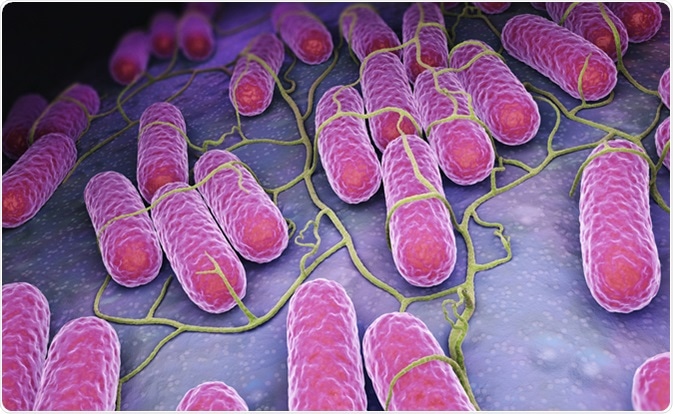Launching 1st March 2023. Also check out: https://www.thailandmedical.news/
Pregnancy is a time when many dramatic changes are known to occur in a woman’s body, both with respect to the anatomy and its function. it is also a time when a new life is being nourished within the woman’s body which includes the normal development of fetal organs. In every case, the nutrients for this enormous expenditure of energy and for the formation of one or more new individuals from scratch come solely from the mother.
For these reasons, pregnant women must be taught and encouraged to have a balanced and palatable diet, with necessary supplementation of whichever nutrients are likely to be lacking.
The total number of calories required per day increase by 340-450 calories, in the second and third trimesters respectively, always granted the woman is already of normal weight and is not malnourished. This is associated with a maternal weight gain of about 12kg to 16 kg.
If this is lower than expected, there is a higher risk of low birth weight, prematurity, with a rise in fetal morbidity. However, excessive weight gain is also risky, being associated with fetal macrosomia, Cesarean sections, and maternal obesity which persists postpartum.
It is well established that folic acid supplementation in the periconceptional period (from four weeks before to 12 weeks after conception) prevents neural tube defects. This is at a recommended dosage of 0.4 mg per day, though 10 times this amount is recommended for secondary prevention, in those who have had a prior child with such a defect.
Prenatal iron supplements are also often recommended at about 27-30mg per day as most women in developing countries do not have sufficient iron reserves to carry them through the pregnancy without iron depletion, and because iron deficiency results in anemia and increased maternal and fetal risks.
Vitamin C containing foods such as broccoli, strawberries or orange juice do a good job of increasing iron absorption by converting the ferric form to the more digestible ferrous form.
Foods Which May Cause Listeriosis
However, some foods are unsuitable in pregnancy because they are associated with infectious agents. These include unpasteurized milk and dairy products, as well as soft cheeses.

Smoked fish and delicatessen meats also feature on this list. Such foods should be heated to 74 0 C or 165 F before consumption. This is due to the involvement of such foods in listeria outbreaks. Listeriosis is about 20 times more prevalent among pregnant women.
Listeriosis in pregnant women is often subclinical, but may present with fever, body ache, nausea and vomiting, or diarrhea, rather like the flu. The primary danger therefore, is to the fetus, in whom the infection may be severe and can cause death.
The pregnancy may thus terminate in spontaneous miscarriage, stillbirths, preterm labor, and neonatal sepsis, though the risk may be reduced by treating the mother with a broad-spectrum antibiotic.
Foods Which May Cause Salmonellosis
Raw and unpasteurized eggs are often used in baking and in salad dressings, ice creams and other sweet desserts. However, raw eggs are a major route of Salmonella transmission, which can cause food poisoning. This may present with fever, nausea, cramping pain, and diarrhea, while bacteremia is known to occur in about 4 in 100 cases. This may end in intrauterine sepsis. For this reason, only pasteurized eggs should be consumed.

Foods Which May Cause other Infections
Seafood often contains noroviruses, vibrionaceae, some Salmonella species, and some protozoa. Most infections are self-limiting. However, sometimes severe infection may require antibiotic treatment. All seafood should be flash frozen or cooked thoroughly. High mercury content is found in species such as tuna and shellfish, and therefore alternatives such as salmon, shrimp and crab may be chosen for regular consumption.
Supplements
Dietary supplements other than prenatal vitamins should be avoided, on the whole. The dose taken should also be what is recommended by the healthcare provider, because high doses of the fat-soluble vitamins A, D, E and K could be toxic to both the mother and the fetus. Herbal supplements are unregulated, meaning that their content and manufacturing practices are not known. Some may contain caffeine, which is better avoided.
Alcohol
Alcohol should also be strictly avoided in pregnancy even as an accompaniment to meals, for fear of fetal alcohol syndrome and other cognitive and behavioral impairments, unless taken in minimal amounts. Low amounts in this context would mean less than 1 unit once or twice a week, with low-strength lager containing 2 units of alcohol per pint, 12% wine at 1.5 units, and one shot of spirits at 1 unit.
Reviewed by Gillian D’Souza, MSc